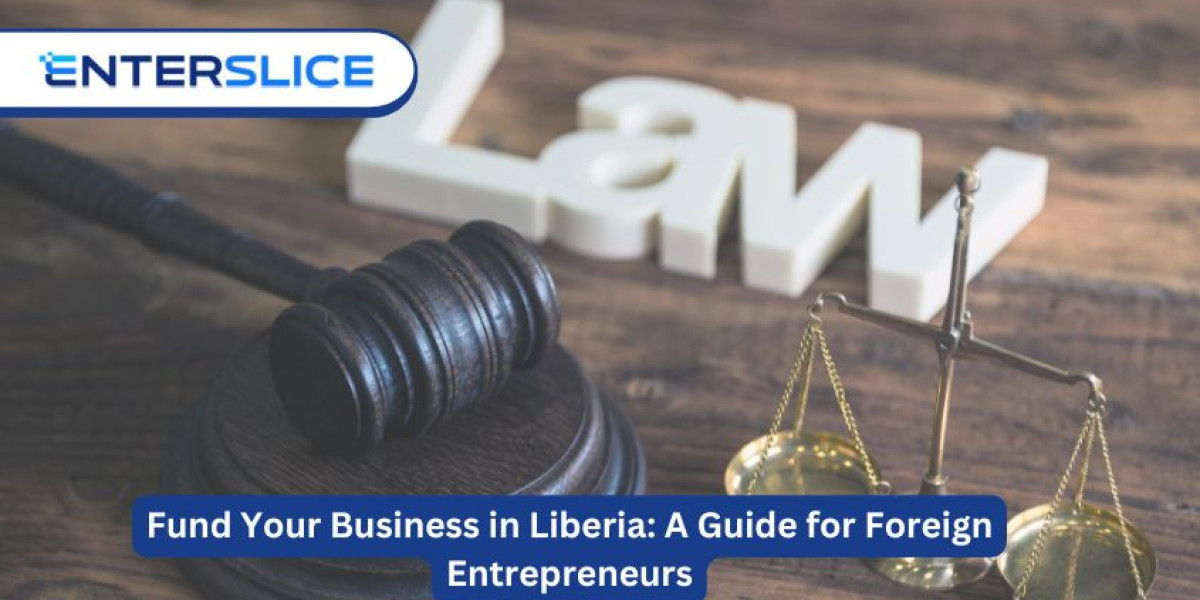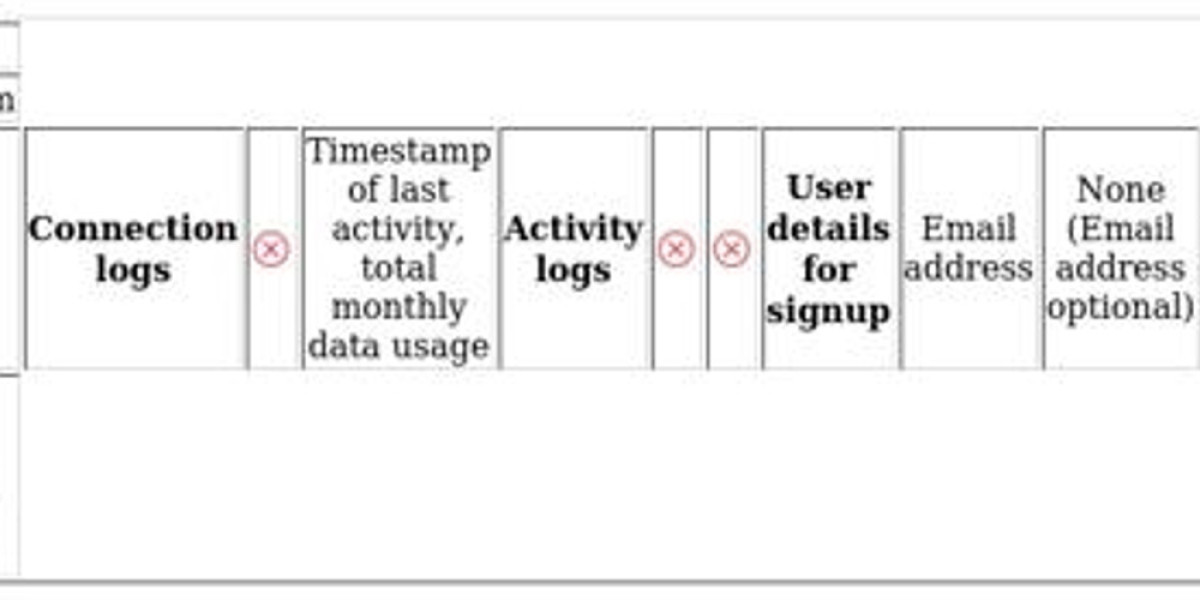Starting a business in Liberia as a foreign entrepreneur can be an exciting venture, but one of the most important steps is securing the right funding to get your business off the ground. Whether you're planning to open a small enterprise or scale up a larger operation, understanding the financing landscape in Liberia is key to making your business successful.
In this guide, we will explore how to fund your business in Liberia by discussing various funding options available to foreign entrepreneurs. From local financing sources to international funding opportunities, you’ll get a clear understanding of the paths available for securing funding for your business in Liberia.
1. Understanding the Funding Landscape in Liberia
Liberia offers unique opportunities for entrepreneurs looking to enter its emerging market, but securing the right funding can be a challenge. While there are funding sources available, entrepreneurs need to be aware of local market conditions and financing options. In Liberia, businesses often face challenges in securing traditional loans due to the country’s infrastructure limitations, so exploring alternative sources of funding is essential.
Understanding Liberia’s economic environment is important for assessing which funding options are suitable for your business type and goals. With a growing economy and potential in sectors like agriculture, mining, and manufacturing, the country provides avenues for both domestic and international funding.
2. Funding Options for Foreign Entrepreneurs in Liberia
Personal Savings
One of the most common ways to fund a new business is through personal savings. This option requires no external involvement, meaning you won't have to give up equity or take on debt. Using personal savings, however, carries the risk of depleting your own financial resources if the business does not succeed.
If you have the capital, personal savings can be a great option for entrepreneurs looking to fund their business in Liberia with minimal external pressure. Just be mindful of how much risk you're willing to take on, as this route is more reliant on your own financial situation.
Family and Friends
Another popular funding source for entrepreneurs is seeking investment from family and friends. This can offer more flexibility compared to traditional funding sources, with less formal application processes. However, borrowing from family or friends can also strain personal relationships if the business faces difficulties or does not succeed.
If you choose this route, be clear about the terms of the loan or investment and ensure that everyone involved understands the business risks. Having a written agreement in place is crucial to avoid misunderstandings later on.
Local Bank Loans
Banks in Liberia offer traditional loans to businesses, but this route can be challenging for foreign entrepreneurs, especially if you are new to the country. Local banks require a solid business plan, collateral, and proof of the ability to repay the loan. The interest rates in Liberia can be higher than in other countries, reflecting the higher risks associated with lending in a developing economy.
Foreign entrepreneurs may find securing bank loans in Liberia more difficult without establishing a local presence or Liberia company registration. However, if you can meet the bank’s requirements, this could be a useful option for funding your business in Liberia.
Microfinance Institutions
Microfinance institutions (MFIs) in Liberia are often more accessible than traditional banks, especially for small and medium-sized businesses. These institutions specialize in providing small loans to entrepreneurs who may not have access to conventional banking services.
Microfinance institutions are ideal for businesses in the early stages, especially if you lack substantial collateral. They also tend to have lower interest rates compared to traditional banks, making them an attractive option for entrepreneurs.
To explore microfinance options, you'll need to research different MFIs in Liberia and understand the types of loans they offer, their repayment terms, and eligibility requirements. Popular institutions like the Liberia Microfinance Network (LMN) can be a good starting point for foreign entrepreneurs.
Venture Capital and Angel Investors
For businesses that are poised for rapid growth, seeking venture capital (VC) or angel investors might be a viable option. These investors provide funding in exchange for equity in the business. Typically, VCs and angel investors are looking for high-growth potential and may want a significant say in the direction of your business.
While venture capital and angel investors are not as common in Liberia as in other countries, the growing interest in West African markets has led to more international investors seeking opportunities. There are organizations and networks that connect entrepreneurs with potential investors, such as the Liberian Business Angel Network (LBAN). You can also consider seeking international investors who have a strong interest in the African market.
If you plan to seek funding from VCs or angel investors, you must have a solid business plan, a scalable product or service, and a clear strategy for growth. Investors will want to see that your business has the potential for long-term success.
Government Grants and Incentives
The Liberian government offers a range of incentives and programs to encourage entrepreneurship and investment in key sectors. For example, the Ministry of Commerce and Industry (MOCI) offers programs that provide support for small businesses, including financial assistance and grants.
In addition to grants, some government initiatives focus on providing tax incentives, infrastructure support, and special programs aimed at boosting the agriculture, technology, and manufacturing sectors.
As a foreign entrepreneur, you may also qualify for these grants, especially if you are investing in sectors that are aligned with the government’s economic goals. It’s worth consulting with local business consultants or government representatives to explore any available government funding or incentives that can support your business.
International Development Funds and NGOs
Liberia is an emerging market, and many international organizations, development funds, and non-governmental organizations (NGOs) are active in the country. These institutions often provide funding for businesses in sectors such as agriculture, education, health, and infrastructure development.
Organizations like the United Nations Development Programme (UNDP), World Bank, and African Development Bank (AfDB) may provide financial assistance or loans for businesses that align with their development goals. This type of funding is often geared towards businesses that have a social impact or contribute to Liberia’s development goals.
Foreign entrepreneurs should look into specific programs run by these organizations, as they may offer competitive terms for businesses that contribute to the local economy and sustainable development.
Also Read: Eligible Business Structures for Company Registration in Turkey
3. Key Considerations When Securing Funding in Liberia
While the funding options mentioned above are available to foreign entrepreneurs, there are several considerations to keep in mind when funding your business in Liberia.
Understanding the Local Market
Before seeking funding, it’s essential to have a deep understanding of the Liberian market. Research the demand for your product or service, the competitive landscape, and potential challenges that may arise. A well-researched business plan will help you present your idea to potential investors and increase your chances of securing funding.
Navigating Legal and Regulatory Requirements
Liberia has specific laws and regulations that govern business operations and investments. Make sure you understand the requirements for setting up a business in Liberia, including taxes, permits, and licenses. If necessary, consult with a local business advisor or lawyer who can guide you through the legal landscape and ensure that your business is fully compliant.
Networking and Building Relationships
In Liberia, like many other emerging markets, personal relationships and networking play a significant role in business success. Building a network of local business contacts, potential investors, and mentors can help you access funding opportunities and navigate challenges. Consider joining local business groups, such as the Liberia Chamber of Commerce, to meet key players in the local business community.
4. Conclusion
Securing funding is one of the most important steps for any entrepreneur looking to establish a business in Liberia. With various funding options available—ranging from personal savings and microfinance institutions to venture capital and government grants—it’s essential to understand the funding landscape and choose the best path for your business.
By researching the right funding sources, building a strong business plan, and leveraging local networks, you can successfully fund your business in Liberia and set yourself up for long-term success. Remember, the road to business success in Liberia may have its challenges, but with the right resources and support, it’s certainly an achievable goal.
Also Read: Documents Required for Company Registration in St Kitts and Nevis








